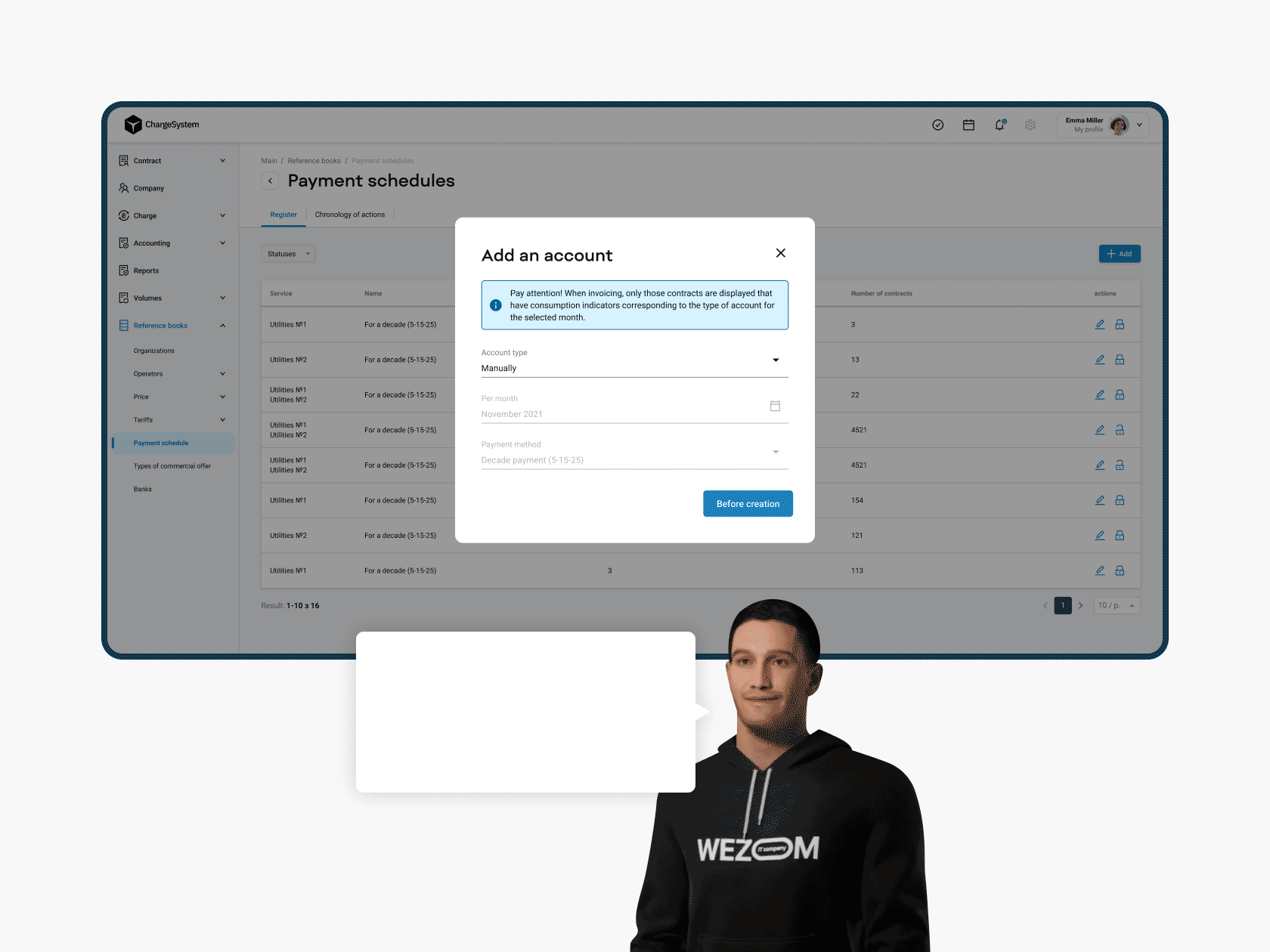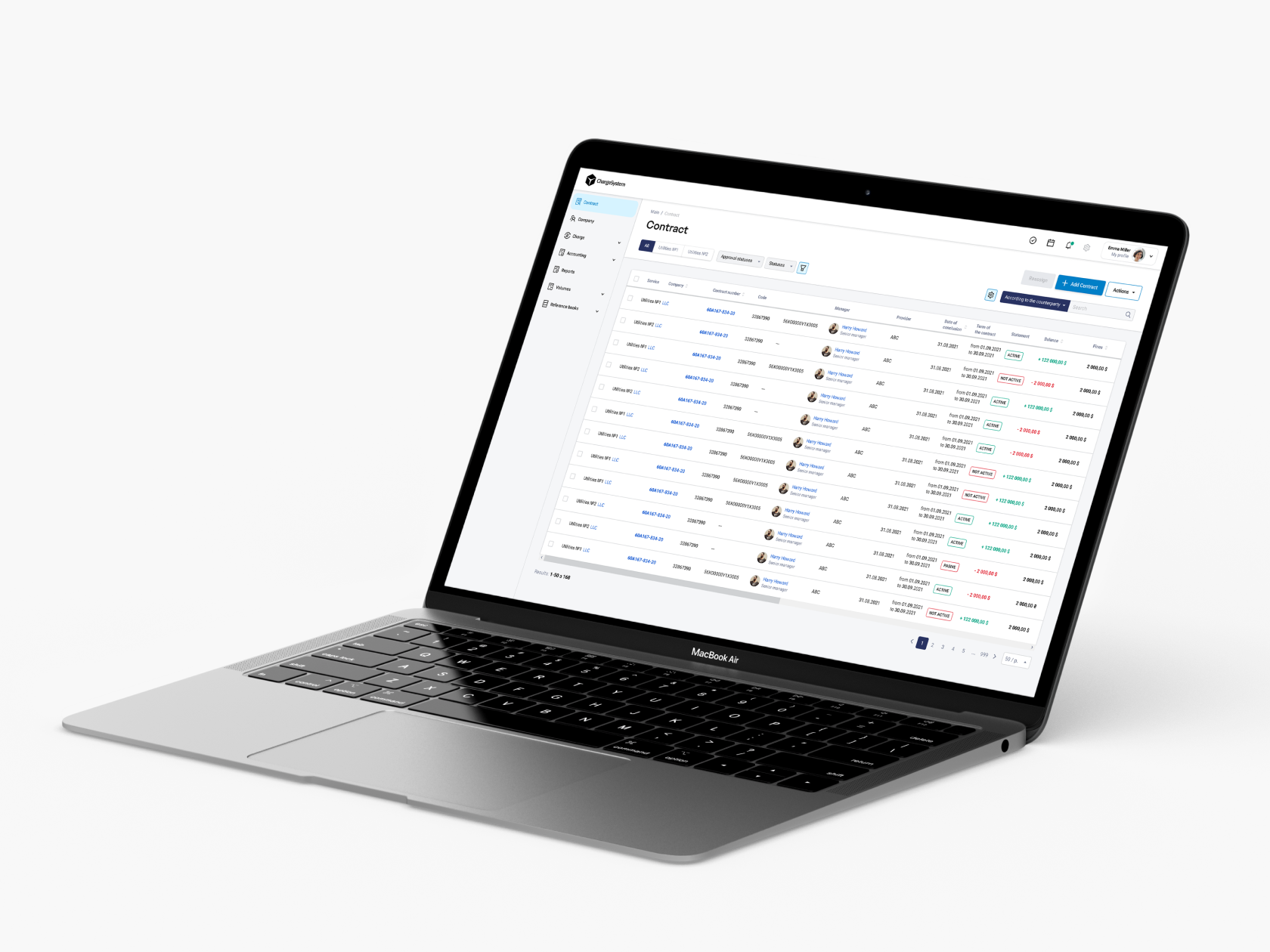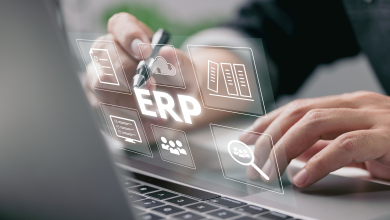According to a new Cogent Syndicated report from Escalent, the utility industry Brand Trust Index gradually decreased and lost 11 points for the second consecutive year on a scale from 0 to 1,000. However, the problem of mistrust can be solved. In particular, below, we will explain to you exactly how you can overcome this by deploying a utility billing solution within an ERP system.
Pain #1: Lack of a Unified Accounting and Management System
The absence of such a system is always a headache for company employees. They must regularly transfer data from one solution to another, sometimes even using paper documentation, and all this – with the risks of incorrect entry, duplicate records, or the use of outdated data. All these shortcomings can be eliminated by implementing a billing module into your ERP system, which provides a single place for storing data about all consumers, their tariffs, payment histories, etc. This allows companies to significantly simplify and speed up the management of accounting and billing processes, as well as improve their accuracy and efficiency.
In the context of specific examples, automation provided by a billing module can be achieved in the following areas:
- generating and sending invoices;
- tariff calculation;
- accounting for payment of bills;
- collection and analysis of consumer data;
- identifying trends in utility consumption;
- demand forecasting, etc.
As you can see, the billing module in this type of deployment can replace several stand-alone solutions and, thereby, save the budget due to the absence of the need for regular license renewals.
Pain #2: High Expenses on Manual Operations
The manual operations that utility employees perform when filling out reports, entering user data, and calculating tariffs are often time-consuming and take up the vast majority of their working time. To minimize this burden, you can also add a billing module to your ERP system. This approach will allow you to use your company's human resources more effectively and delegate to them more highly intelligent tasks.

As for specific examples, automation can be obtained for the following processes:
- data input;
- data checking;
- data processing.
It follows that just one additional integration will lead you to increase the productivity of your employees across several verticals at once.
Pain #3: Insufficient Control over Accounting and Billing Processes
Utilities often face gaps in their accounting and billing processes, causing recurring losses due to expenses and revenue mismatches. In this, they can use an ERP system with a built-in billing module, which will provide them with end-to-end control over the operations that form the enterprise’s budget. This way, they can achieve a whole new level of transparency and eliminate bottlenecks from their calculation operations.

Specific examples of the use of such a digital solution include:
- detailed analysis of consumer data;
- monitoring the efficiency of accounting and billing processes;
- generation of reports on the enterprise’s activities.
Overall, with the billing module, you get a centralized solution designed to streamline your accounting and billing operations.
Pain #4: Inability to Scale
Scalability is not always a big expense, and utility companies that resort to integrating a billing module as a part of an ERP system can experience this first-hand. The fact is that this module can provide them with the needed speed of growth without having to implement many full-fledged systems, the cost of subscription to which can be unreasonably high. Thus, such enterprises can quickly adapt to growing demand in certain areas and avoid risks associated with the mismatch of available resources with this demand.
Therefore, the billing module can be useful when:
- expanding the consumer base;
- expanding the range of services;
- adapting the ERP system to new regulations and requirements.
From this, we can conclude that a billing module integrated into your ERP system can become perhaps the most affordable solution for scaling.

Pain #5: Inability to Integrate with Third-Party Digital Solutions
Some companies may encounter problems with their ERP systems being incompatible with other software solutions they use. In turn, a turn-key billing module can fix this problem by acting as a seamless connector. Thanks to this, they can streamline data exchange processes between these autonomous systems and automate tasks in which several such systems take part at once.

If we are talking about specific examples, the billing module can be useful for integrating your ERP system with the following:
- sales management systems;
- resource management systems;
- CRM systems.
Generally speaking, the billing module allows you to integrate your ERP system even with legacy solutions with outdated integration protocols, which can be especially useful if you are not going to look for a more modern replacement for them.
Pain #6: Insufficient Level of Customer Service
Since, for customers, the main processes of interaction with utility companies are focused on a financial context, it is possible to improve the quality of service through the billing module integrated into the ERP system. To be more precise, this module can have a user-friendly and intuitive user interface through which consumers can independently manage their accounts.

Here are some more specific examples of using such a module:
- viewing payment history;
- calculation and information about tariffs;
- online payment.
Therefore, the billing module becomes a rather non-obvious solution to improve customer satisfaction, loyalty, and engagement.
Pain #7: Need in Digital Transformation
Finally, through the billing module, you can implement the smooth introduction of advanced technologies into your business operations. Thus, digital transformation will occur gradually, and you will minimize the risks associated with increased costs or your employees’ rejection of these innovations.

Here are just a few technologies that can bring additional benefits to your business:
- Artificial Intelligence (for recognizing photos of meters and/or providing consumers with hints on how to use a specific digital solution);
- Business Intelligence (for smart cost analytics);
- Machine Learning (for customer service personalization);
- Internet of Things (for automatic meter readings).
As you can see, the list of available technologies for implementation is quite extensive (in fact, it is much longer; we have considered only the most common options) to perceive the billing module as something more than what it was originally intended for.
Conclusion
Overall, a billing module deployed as part of a full-fledged ERP system can be a cost-effective gas accounting solution that eliminates the most common utility problems that most companies face daily. In particular, this module can help them to:
- automate accounting and billing operations, increasing their speed and minimizing risks associated with the human factor;
- provide full control over these operations to quickly eliminate bottlenecks;
- scale with minimal investment;
- integrate with third-party digital systems to automate complex tasks;
- instantly respond to changes in demand and adapt to them.
Note that NetSuite, Acumatica, SAP S/4HANA, and Microsoft Dynamics 365 F&O already have ready-made solutions that you can customize to meet your business needs. However, if their level of customization is not enough for you, you can always resort to custom development. If this option is closer to you, feel free to contact us, and we will find the best way to help you achieve your specific business goals with minimal costs.

